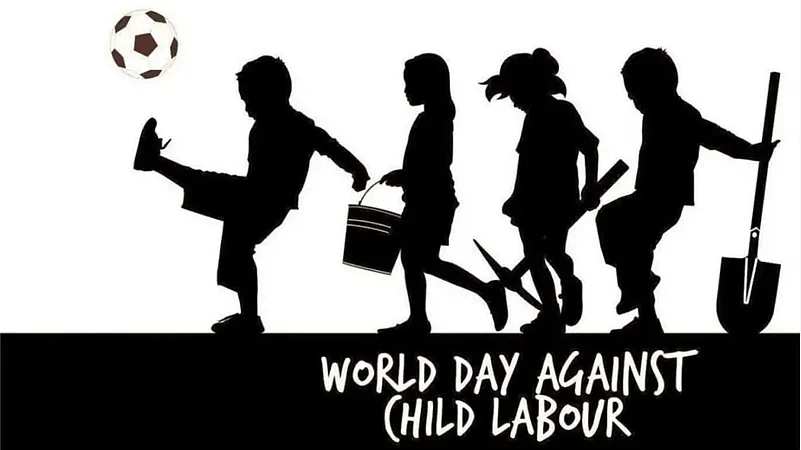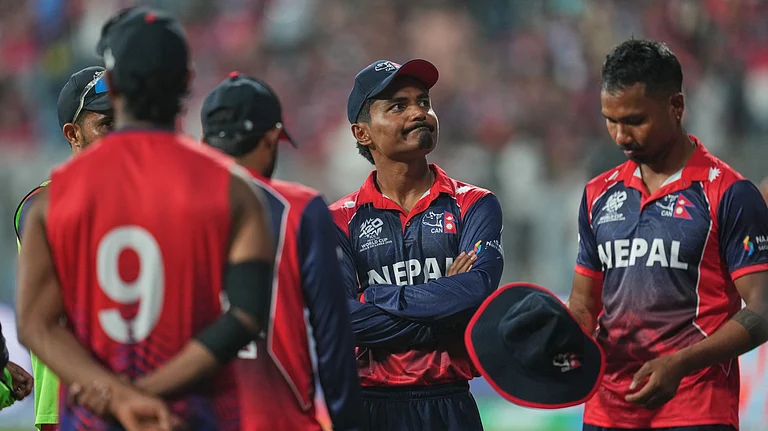The West Bengal government has been praised by UNICEF for its developmental schemes that are "helping curb child labor". The UN agency also hoped that with the continuation of such schemes, the social injustice would be a thing of the past in the state.
The state government has put in place robust social protection schemes such as 'Kanyashree' and 'Duare Sarkar' (government at your doorstep), Soledad Herrero, Chief of Child Protection, UNICEF India, said on the sidelines of a program to stop child labor and promote child rights and child protection held here. 'Kanyashree' scheme offers financial incentives to school-going girls and women pursuing higher education in college and university while 'Duare Sarkar' camps provide benefits of developmental schemes to the people in their locality.
A task force to eradicate child labor has been proposed in the state and a lot of good work is happening here, Herrero said. "We are hopeful that with a continued momentum, the problem of child labor would be a thing of the past," a release quoting him said. State Labour Secretary Barun Kumar Ray said incidents of child labor have increased after the COVID-19 outbreak mainly because breadwinners lost their jobs and children considerably lost access to education during the pandemic period.
The task force would look into the reasons why children were dropping out of schools and formulate ways to bring them back to the educational institutions, he said. Mohammad Mohiuddin, UNICEF chief officer for West Bengal, requested the state labor secretary for putting in place the task force which will ensure multi-sectoral convergence with the rollout of the action plan for ending child labor.
"West Bengal has one of the highest numbers of social protection schemes in India and now is the time for awareness building and community action to enhance the uptake of the schemes, and ensure that children are enrolled and retained in schools to complete their education," he said.


























